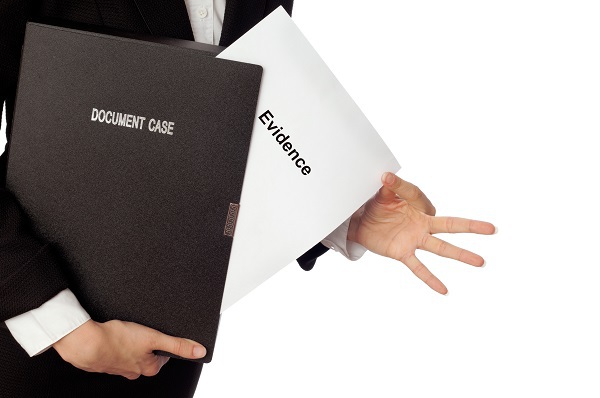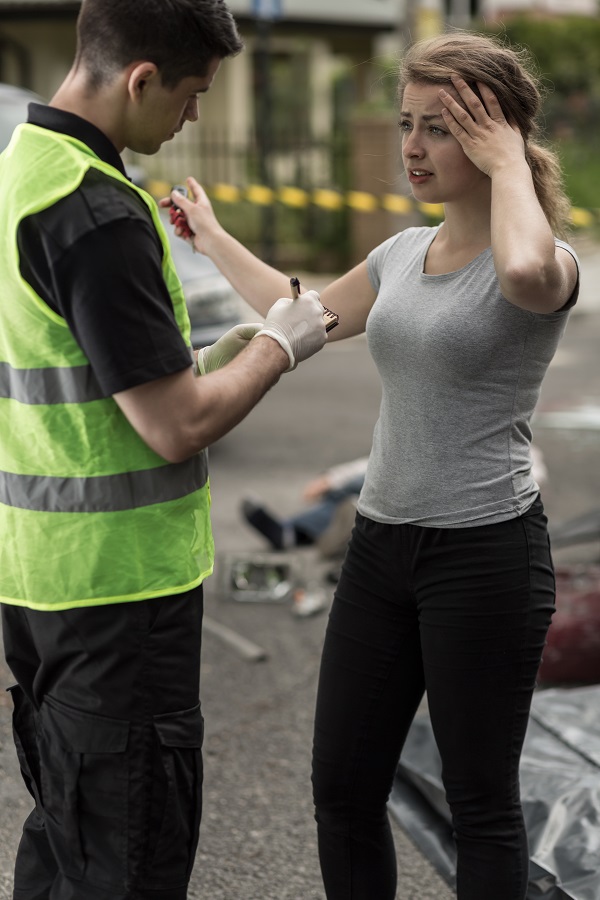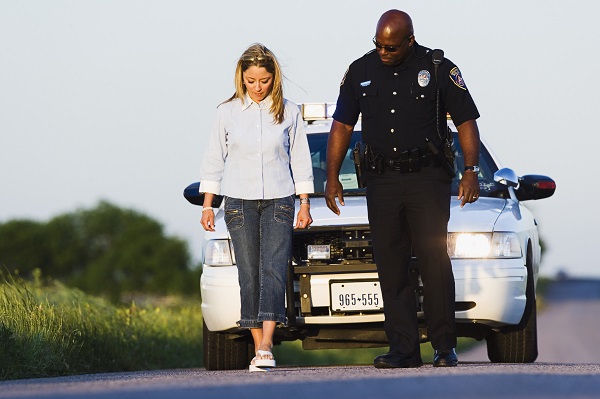More Commonly Asked Questions about a Criminal Case
When people face criminal charges for the first time, they probably will hear many unfamiliar words used by law enforcement, judges, and attorneys. The previous blog explored common questions about the people involved in the criminal justice system. This blog discusses some of the terms people hear in court. What is the difference among a hearing, trial, and sentencing? A hearing is a pretrial court appearance. If the prosecutor decides to press charges against someone, he or she will attend a bail hearing and maybe an arraignment, which are hearings at which the judge decides bail and explains the charges. If the...
Continue reading





